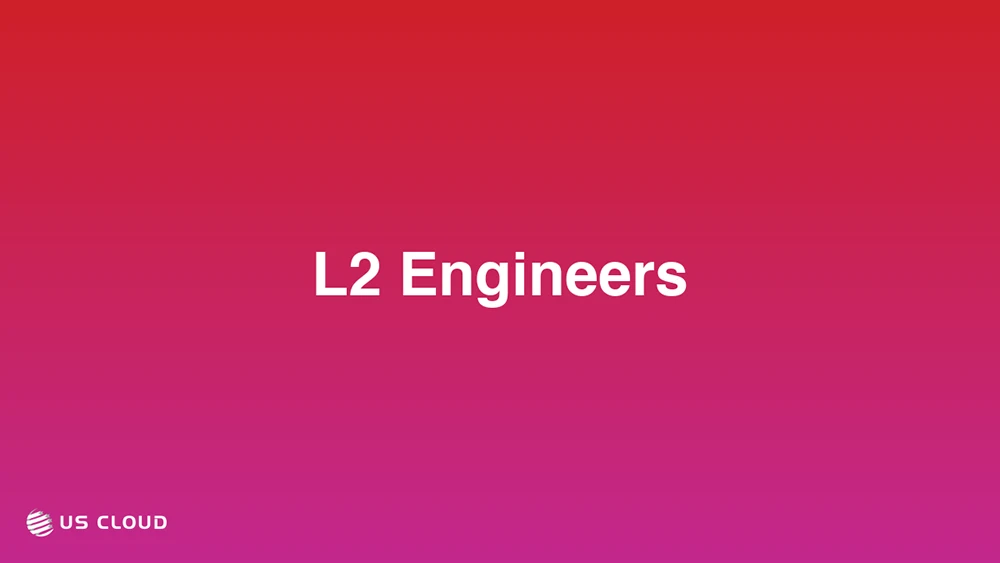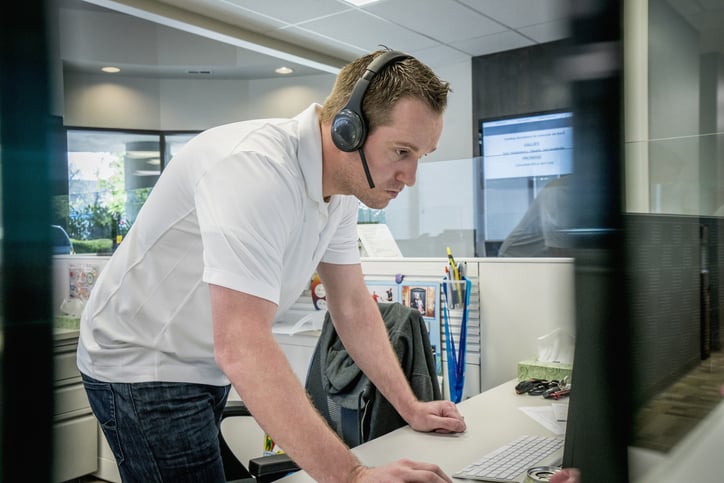Level 2 (L2) Engineers.

What is a Level 2 Engineer?
Level 2 Engineers, often referred to as L2 Engineers, play a crucial role in the IT support hierarchy. They serve as a bridge between the basic support offered by Level 1 Engineers and the specialized technical assistance provided by Level 3 Engineers. Typically, L2 Engineers have a deeper understanding of specific technologies, particularly those related to Microsoft products, and are equipped to handle more complex issues that L1 Engineers cannot resolve.
L2 Engineers are responsible for advanced troubleshooting and problem analysis. They not only address escalated issues from L1 but also document solutions for future reference, enhancing the overall efficiency of the support system. Their expertise allows them to implement sophisticated solutions that ensure minimal disruption to business operations. This level of knowledge is vital for maintaining high-quality support and reducing the number of escalations to higher tiers.
Key Responsibilities of L2 Engineers:
- Advanced Troubleshooting: Addressing complex technical issues that require specialized knowledge.
- Documentation: Creating comprehensive records of solutions to assist L1 Engineers in future incidents.
- Collaboration: Working closely with L1 and L3 teams to ensure seamless support operations.
- Problem Analysis: Analyzing intricate problems and developing effective solutions.
Skills Required for Level 2 Engineers
To excel as an L2 Engineer, individuals must possess a unique blend of technical skills and soft skills. The following are essential competencies:
- Technical Expertise:
- Proficiency in Microsoft technologies (e.g., Azure, Windows Server).
- Strong understanding of networking concepts and troubleshooting methods.
- Familiarity with scripting languages for automation tasks.
- Problem-Solving Abilities:
- Analytical thinking to diagnose issues effectively.
- Creativity in developing innovative solutions to complex problems.
- Communication Skills:
- Ability to convey technical information clearly to non-technical stakeholders.
- Strong interpersonal skills for effective collaboration with team members.
- Project Management:
- Experience in managing multiple tasks simultaneously while meeting deadlines.
- Capability to lead small projects or initiatives within the support team.
The Role of Level 2 Engineers in Support Ecosystems
L2 Engineers significantly enhance the efficiency of IT support ecosystems. By tackling issues escalated from L1, they prevent bottlenecks that could affect overall productivity. Their ability to analyze problems deeply allows them to identify root causes rather than just symptoms, leading to more sustainable solutions.
Moreover, L2 Engineers often take on mentorship roles for L1 staff, providing guidance and training on resolving common issues. This relationship fosters a culture of continuous learning and improvement within the team. By empowering L1 Engineers with knowledge, L2s contribute to building a more capable support workforce.
Benefits of Having L2 Engineers:
- Reduced Escalations: Fewer issues passed on to higher-level engineers.
- Increased Efficiency: Faster resolution times due to specialized knowledge.
- Knowledge Transfer: Enhanced skill sets among junior staff through mentorship.
Challenges Faced by Level 2 Engineers
Despite their expertise, L2 Engineers encounter several challenges in their roles. These can include:
- Complexity of Issues: As technology evolves, new problems arise that may not have established solutions.
- Resource Limitations: Limited access to tools or information can hinder their ability to resolve issues effectively.
- High Expectations: The pressure to solve problems quickly can lead to stress and burnout if not managed properly.
To overcome these challenges, organizations must invest in ongoing training and provide adequate resources for their L2 teams. Encouraging a supportive work environment can also help mitigate stress levels associated with high-pressure situations.
Conclusion
L2 Engineers are vital components of modern IT support teams. Their advanced technical skills enable them to tackle complex problems that arise within organizations, ensuring smooth operations and high-quality service delivery. By serving as mentors and problem solvers, they enhance the capabilities of their teams while minimizing escalations to higher tiers. As technology continues to advance, the role of L2 Engineers will remain crucial in adapting support strategies and maintaining operational excellence. Investing in their development is essential for any organization aiming for success in today’s fast-paced digital landscape.
